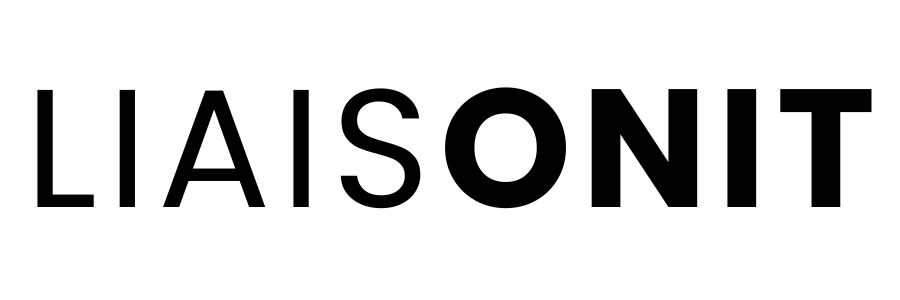Supreme Court objects to Intellectual Property forum shopping
- nDimensionsIP

- Sep 22, 2015
- 3 min read
Forum shopping in a legal context refers to the strategy of a plaintiff to have his suit filed in a particular court or jurisdiction where he feels that he will receive the most favorable judgment or order. Forum shopping occurs when a plaintiff seeks to bypass the natural forum for a dispute, and is motivated by various aspects like favorable laws, procedures, leniency of judges etc.
In the context of Intellectual Property (IP) litigation in India, forum shopping is a debatable subject since the IP laws in India are uniform and are applicable throughout the country, yet plaintiffs choose to litigate in a particular court due to the perceived IP awareness of judges, biases of judges etc. For example, it is widely believed that the Delhi High Court has been liberal in granting ex parte ad interim injunctions. IP infringement cases in India rarely proceed beyond the interim stage, and they drag on for years, and the plaintiffs are mainly interested in securing a temporary injunction.
Generally, under Section 20 of the Civil Procedure Code 1908, a suit shall be instituted at a court within the local jurisdiction of which the defendant actually and voluntarily resides, or carries on business, or personally works for gain or where the cause of action, wholly or in part arises. However, contrary to Section 20 of the Civil Procedure Code 1908, Section 134 of the Trade Mark Act, 1999, and Section 62 of the Copyright Act, 1957, permit the plaintiff to institute a suit in the local jurisdiction of the court where the plaintiff resides or, where there are more than one such persons, any of them actually and voluntarily resides or carries on business or personally works for gain.
Recently, the Supreme Court questioned the legitimacy of IP Forum shopping in the case of Indian Performing Rights Society Ltd v/s Sanjay Dalia & Another. The head office of the plaintiff was in Mumbai, and its branch office was in New Delhi. The plaintiff had filed a Copyright infringement suit against the defendants in the Delhi High Court. The defendants were owners of cinema halls in Mumbai and various parts of Maharashtra, and it was alleged by the plaintiff that the entire cause of action (Copyright infringement) took place in Mumbai and various parts of Maharashtra. Hence, the defendants questioned the territorial jurisdiction of the Delhi High Court, which held that the Copyright Infringement suit should have been filed in Mumbai.
The plaintiffs appealed against the Delhi High Court order in the Supreme Court, which was of the view that Section 134 of the Trade Mark Act, 1999, and Section 62 of the Copyright Act, 1957, were special legislation that were aimed at giving an additional forum to the plaintiff to protect and enforce its rights. These provisions were aimed at mitigating the inconvenience caused to owners/proprietors of IP where many are discouraged from enforcing their IP rights due to financial constraints posed by having to file infringement suits against infringers across the country.
The Supreme Court also opined that the object of these provisions was not to enable a plaintiff to drag a defendant to distant places across the country simply to harass the plaintiff. The Supreme Court was of the view that the provisions of Section 62 of the Copyright Act, 1957, and Section 134 of the Trade Mark Act, 1999, have to be interpreted in the purposive manner and therefore dismissed the plaintiff’s appeal.
This decision is likely to have a significant effect on impending and future IP cases in various courts in India. It is now clear that while the plaintiffs can still exercise the option of filing a suit at a place where they carry on business, however, this must be at the principal place of business, or the place where the cause of action has arisen wholly or in part, and not at a branch office where no cause of action has arisen.
Conducting IP litigation out of Delhi and Mumbai, and consistently depriving other Indian cities from hearing IP litigation cases, due to forum shopping, will give fewer opportunities for lawyers in the deprived cities, and less development for the economies of those cities.
From a more practical perspective, IP forum shopping can overburden certain courts, lead to unnecessary expenses for defendants, and create a negative popular perception of the equity of the legal system. Therefore, Supreme Court judgment calls for an end to India’s Delhi and Mumbai-centric IP litigation trend.




Komentarji